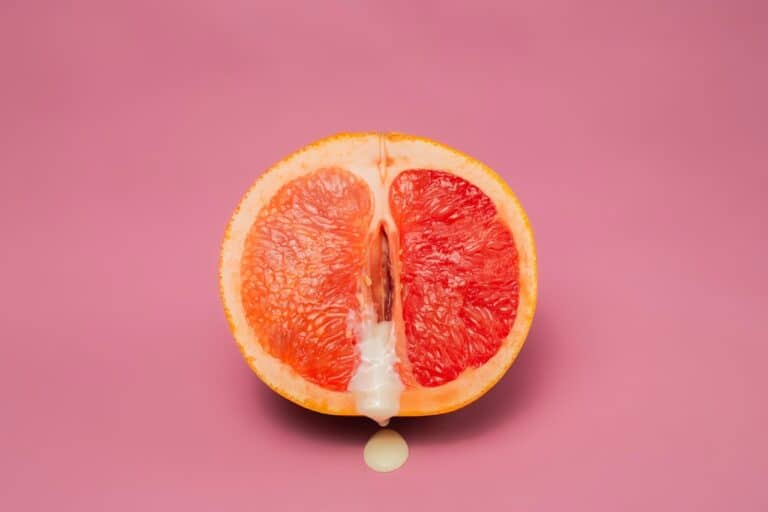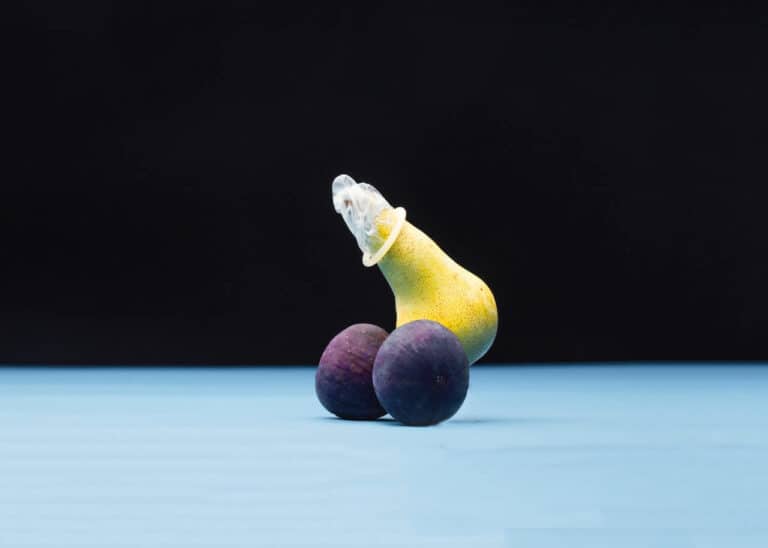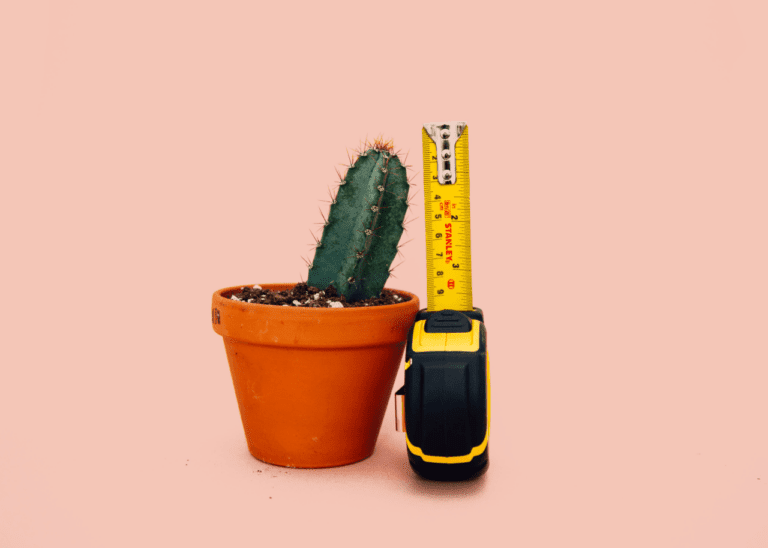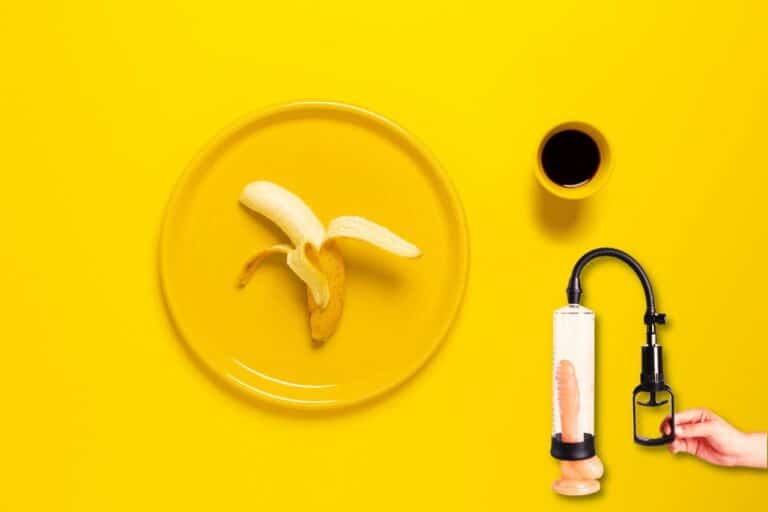When Do the Penis Stop Growing?
Do you ever wonder when your penis will stop growing?
As a young man, it’s normal to be curious about this topic. In this article, I’ll share with you all the information you need to know about when the penis stops growing and what affects its growth.
First, let’s get one thing straight: every guy is different. So, the age at which your penis stops growing may be different from your friend’s.
I’ll also cover some common myths about penis growth, as well as the impact of medical conditions and good habits for maintaining penis health. By the end of this article, you’ll have a better understanding of your own body and what you can do to support healthy growth.
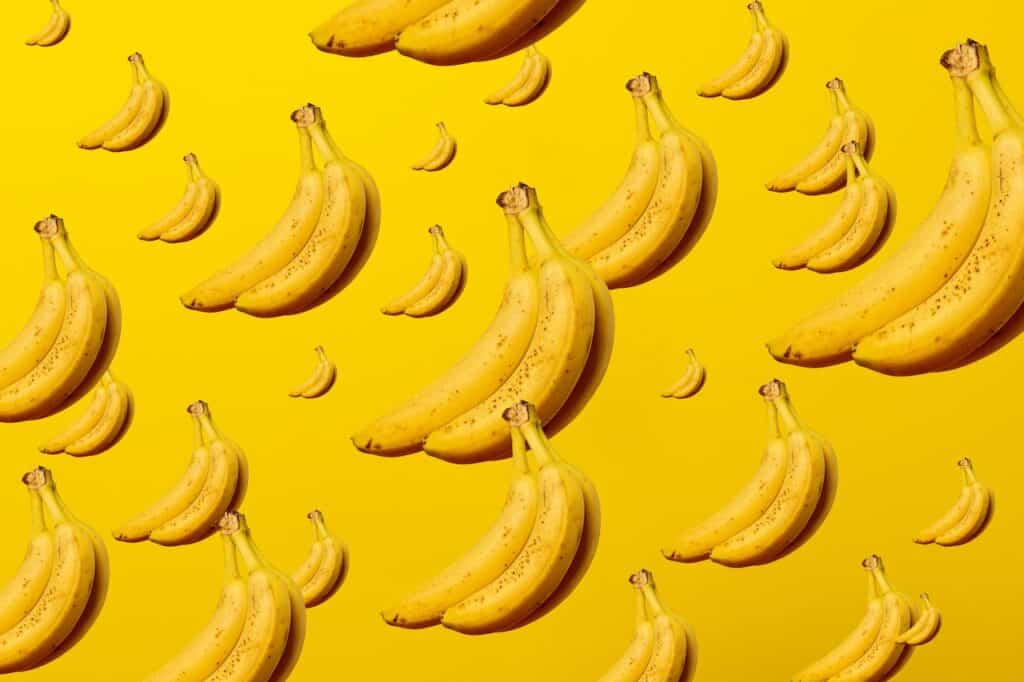
So, let’s dive in!
When the penis stops growing
Take a look at the following sections to understand the big question in a better way.
The average age of penis growth cessation
The age at which the penis stops growing is a common question among young men. On average, the penis stops growing between the ages of 17 and 21 years old.
However, it’s important to keep in mind that every guy is different, and so the age at which your penis stops growing may differ from someone else’s.
The variations based on individual differences
There are many factors that can affect the age at which the penis stops growing, including genetics, hormones, nutrition, and environmental factors.
Some guys may stop growing earlier or later than others, and this is completely normal. In some cases, the penis may even continue growing into a man’s mid-20s or later.
It’s essential to understand that every guy’s body is different and that there’s a wide range of what’s considered normal when it comes to penis growth.
Factors that affect penis growth
Some of the main factors that affect penis growth are:
- Genetics: Genetics play a significant role in determining the size and shape of the penis, as well as the age at which growth may cease. Certain genetic traits may contribute to a larger or smaller penis, or an earlier or later cessation of growth.
- Hormones: Hormones are also a crucial factor in penis growth. Testosterone, in particular, plays a major role in determining the size and shape of the penis. A lack of testosterone or an imbalance of hormones can affect penis growth.
- Nutrition: A well-balanced diet rich in vitamins and minerals is crucial for healthy growth and development, including penis growth. A lack of essential nutrients can negatively impact growth, while a healthy diet can support optimal growth.
- Environmental factors: Environmental factors, such as exposure to toxins and pollutants, can also affect penis growth. These harmful substances can interfere with hormone levels and disrupt healthy growth.
Understanding the role of each of these factors can help you make informed decisions about your health and support optimal growth.
Myths and misconceptions about penis growth
Here are the top 3 myths about penis growth along with a short description:
- The penis will stop growing as soon as a man reaches a certain age: This is not true, as the age at which the penis stops growing can vary greatly from person to person and is influenced by many factors such as genetics, hormones, and nutrition as explained earlier.
- The size of the penis is directly linked to strength, confidence, or success: This is a harmful myth that can cause anxiety and stress. The size of the penis has no bearing on a man’s strength, confidence, or success and does not affect his worth or value.
- A small penis is a sign of a health problem or hormonal imbalance: This is not always true, as the size of the penis can be influenced by many factors, including genetics. Some men may have a naturally smaller penis, which is perfectly normal and healthy.
Also read: Do Tall Men have Larger Penis?
Medical conditions and penis growth
Peyronie’s disease is a condition that causes a curvature of the penis, making it difficult or even painful to have sexual intercourse. This condition can cause a deformity in the shape of the penis and can lead to anxiety and stress.
There are other medical conditions that can impact penis growth, such as hormonal imbalances, certain medications, or underlying health problems.
If you have concerns about the size or shape of your penis, it’s important to seek medical attention to rule out any underlying health problems or medical conditions.
Final words
The age at which the penis stops growing can vary greatly from person to person and is influenced by many factors as explained in the post. Also, it’s important to dispel common myths and misconceptions about penis growth and seek accurate information to reduce stress and anxiety.
And remember, your penis size does not determine your worth or value.


